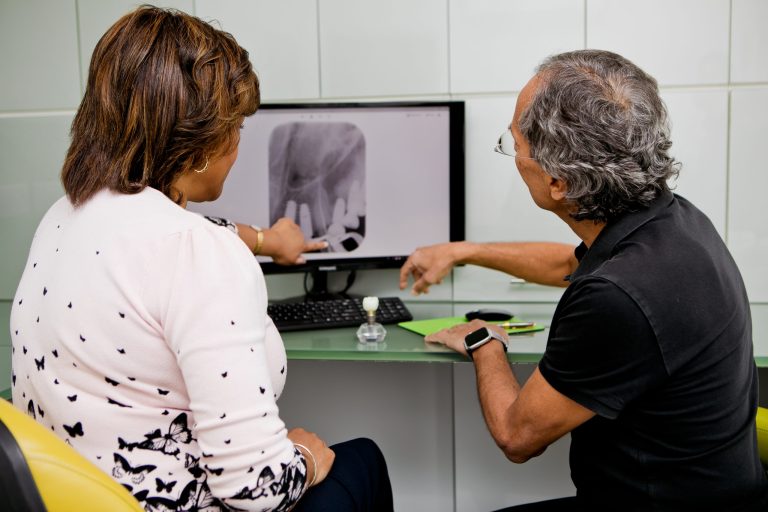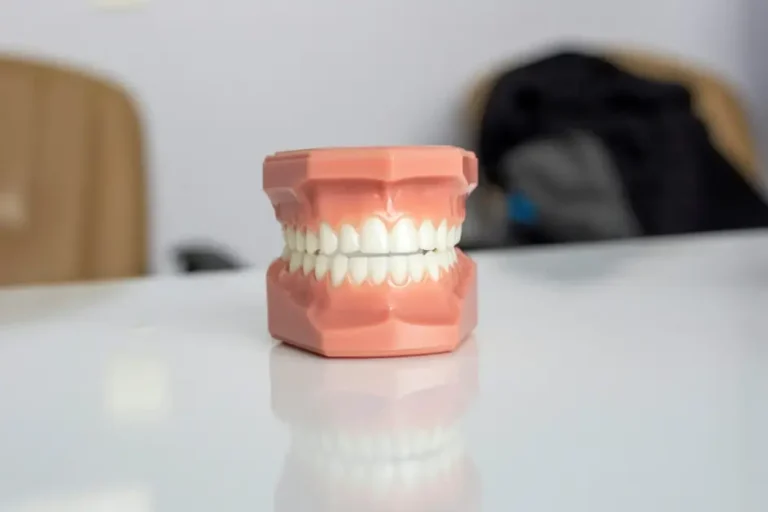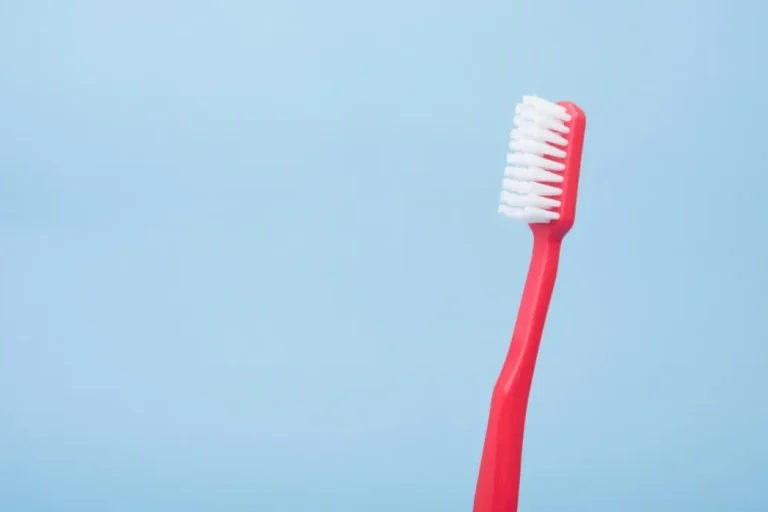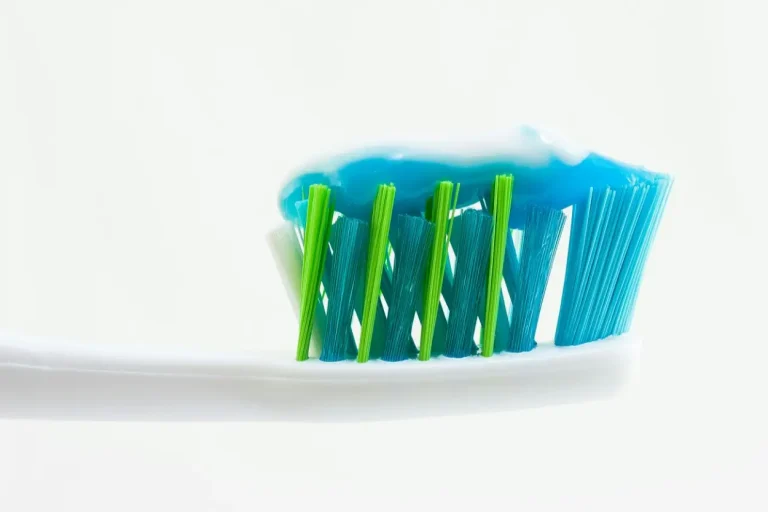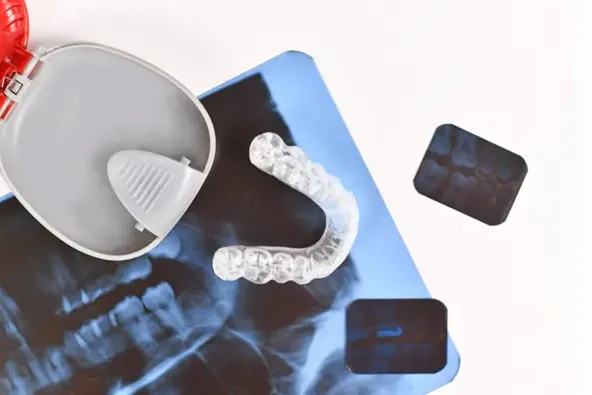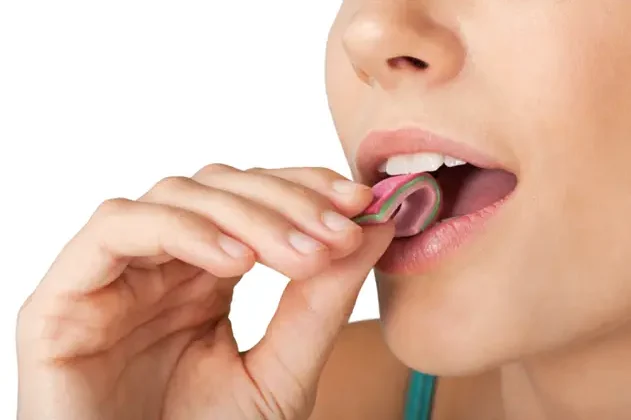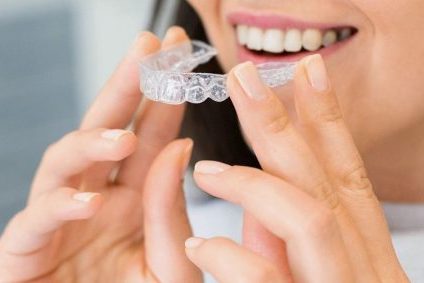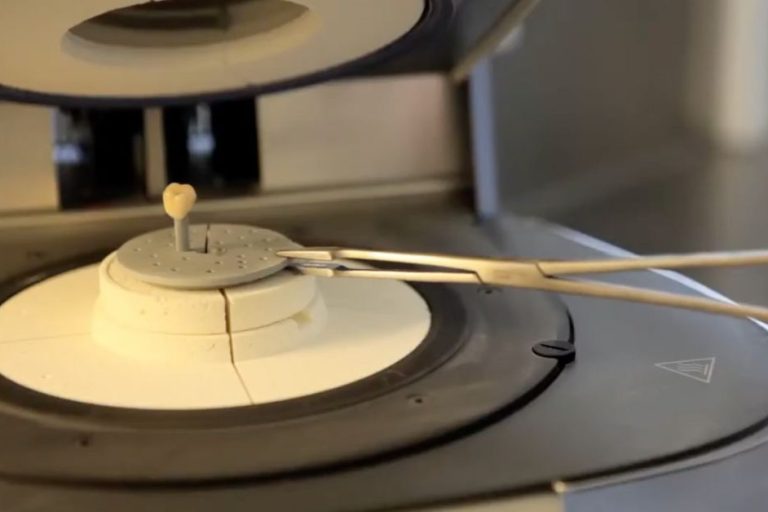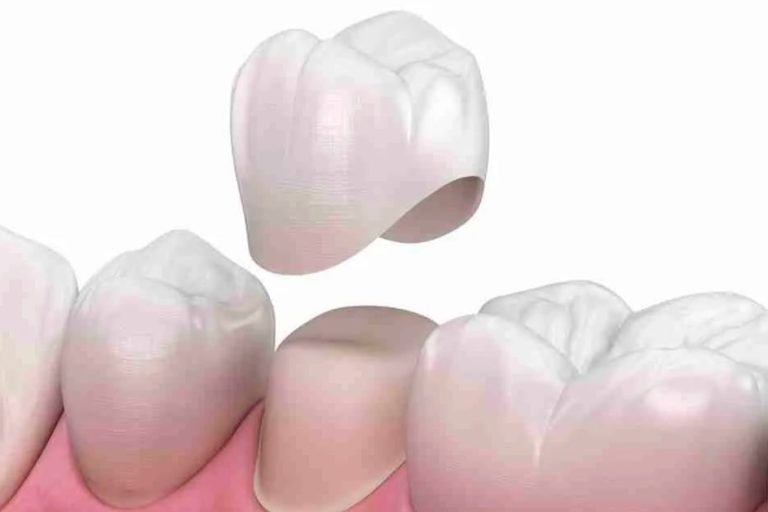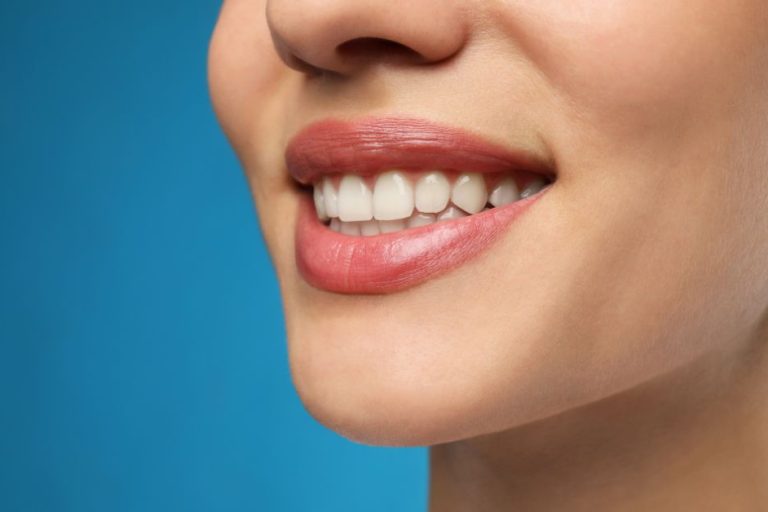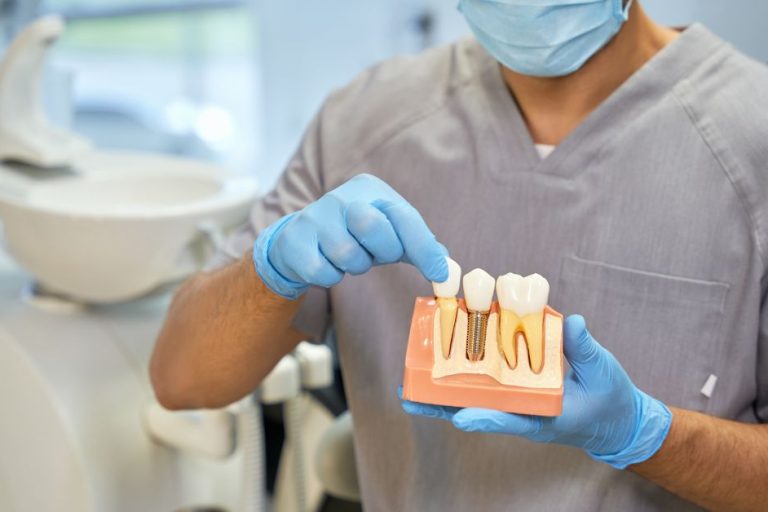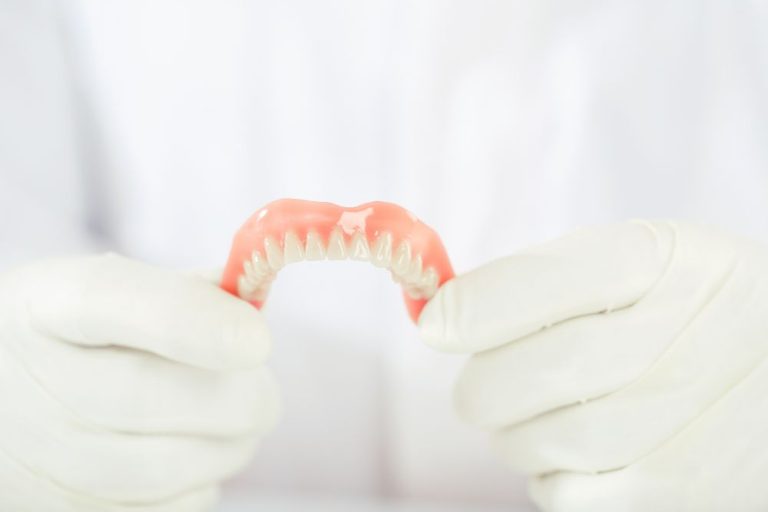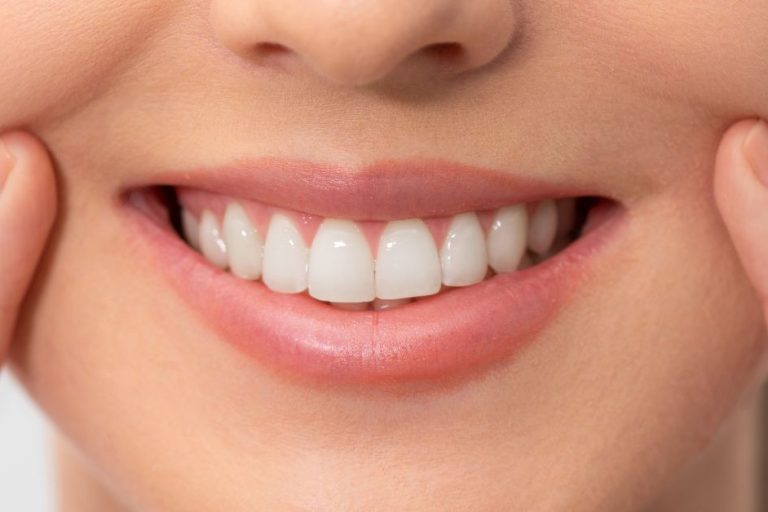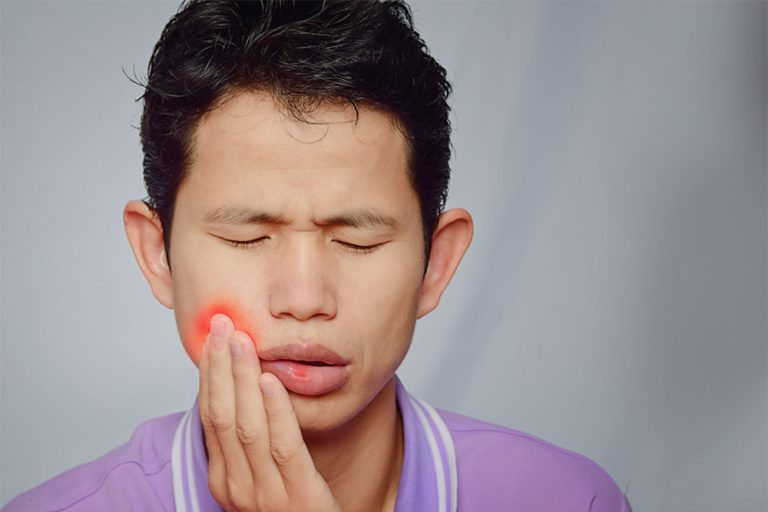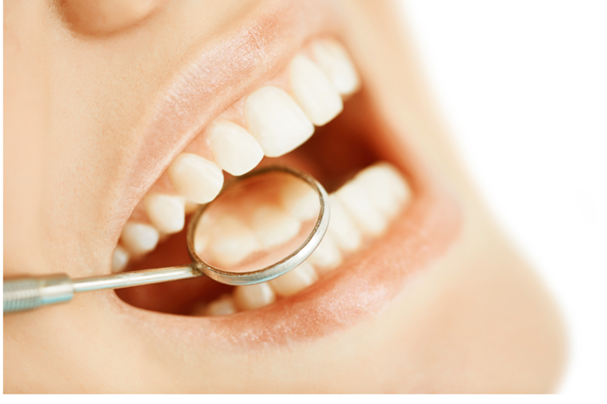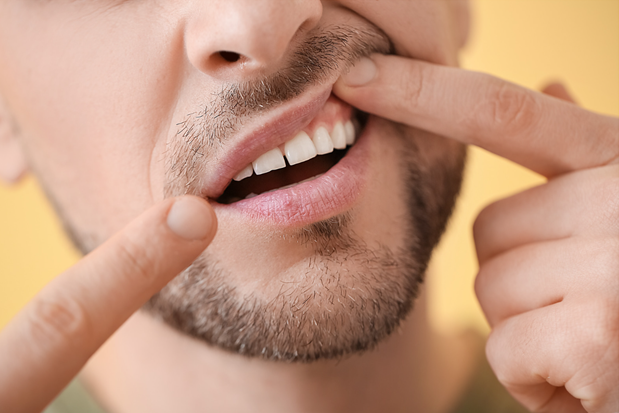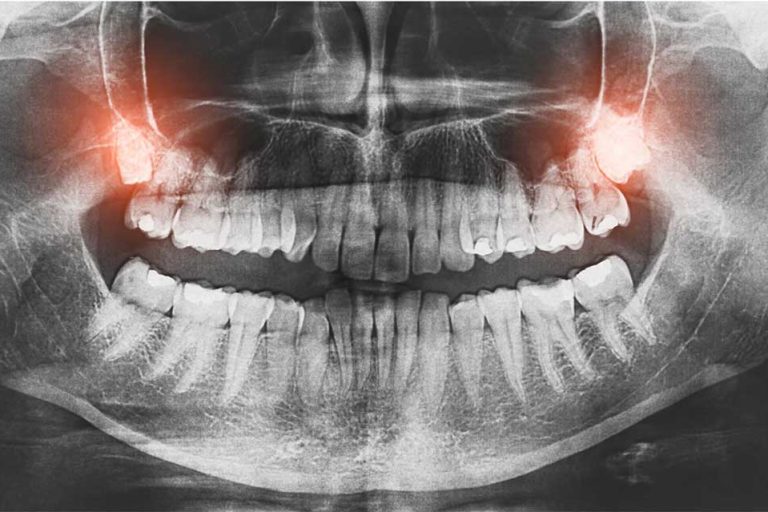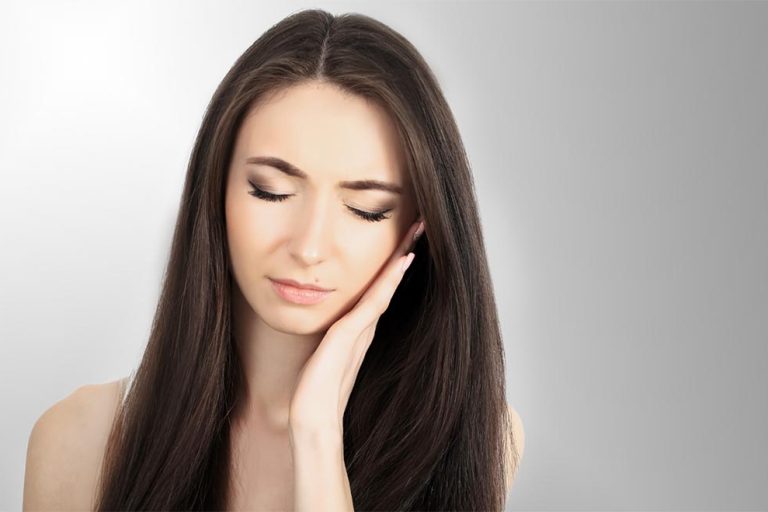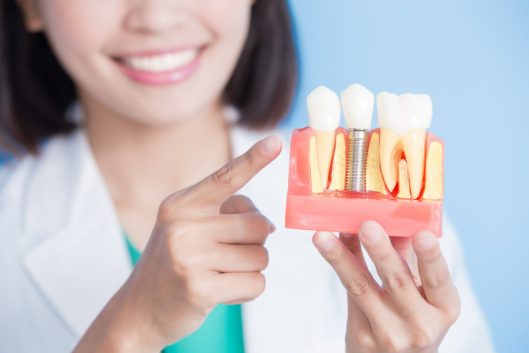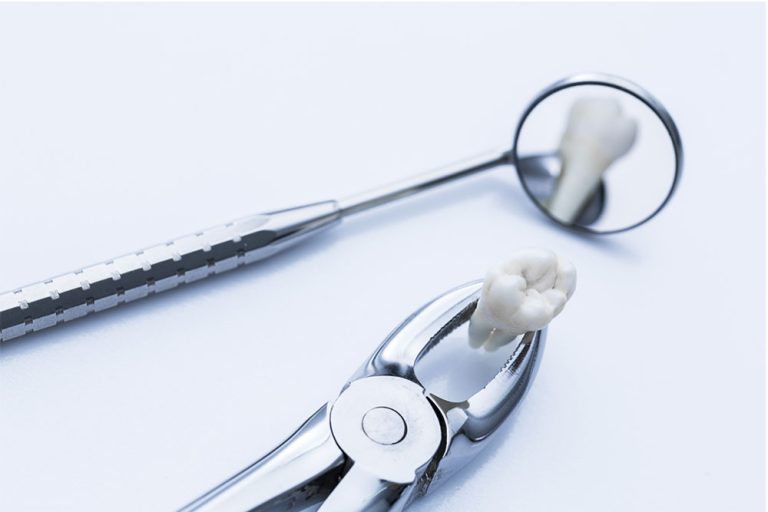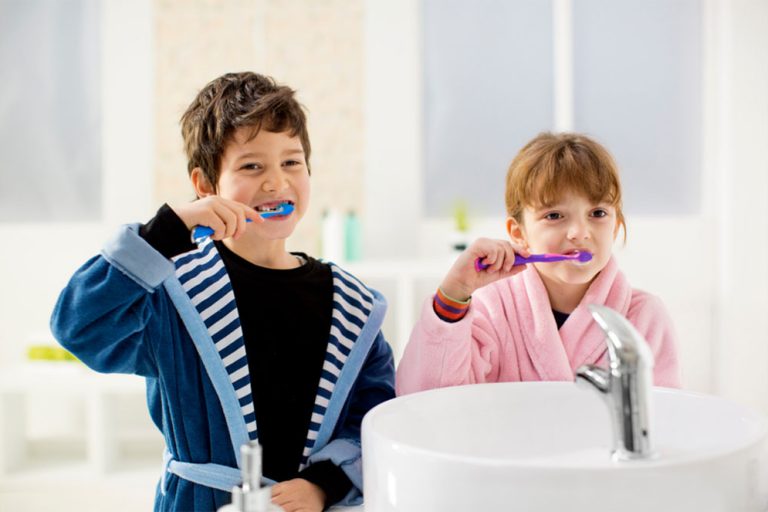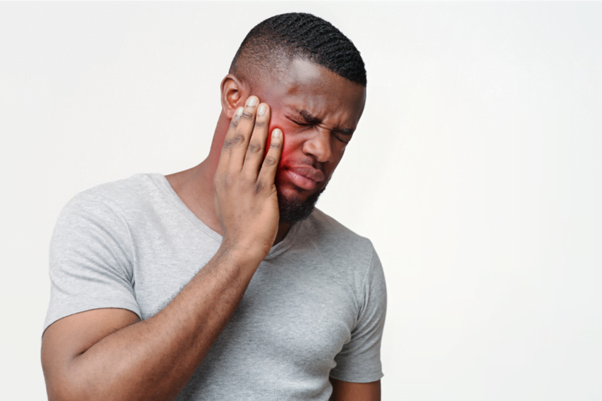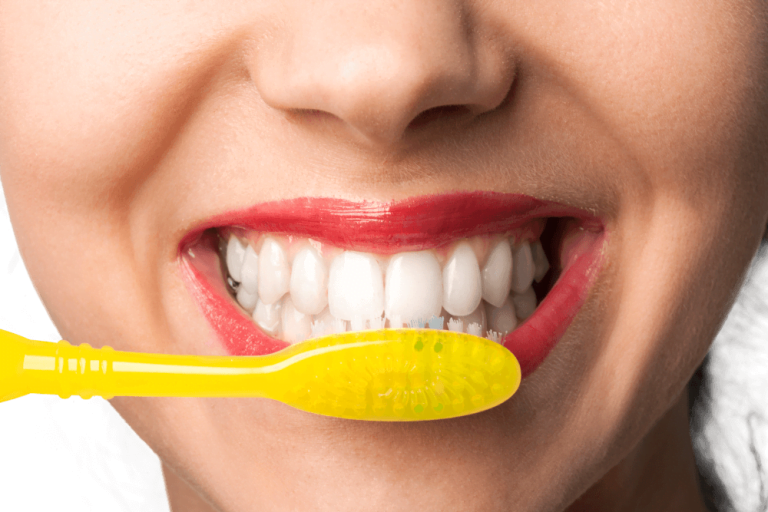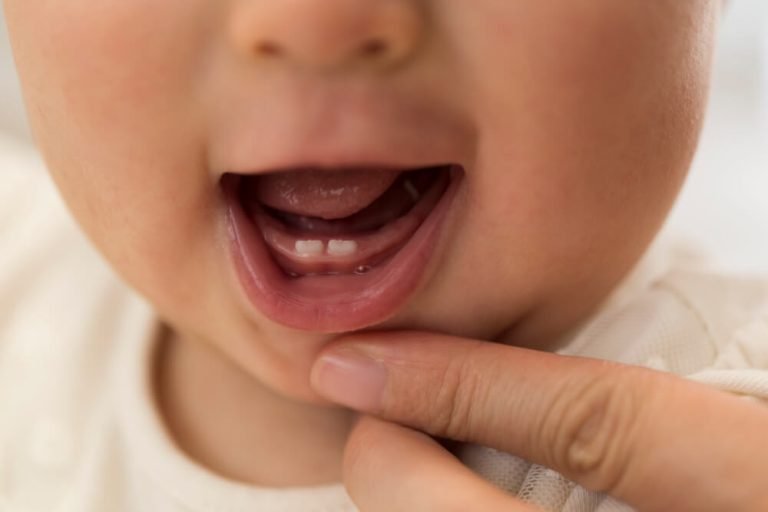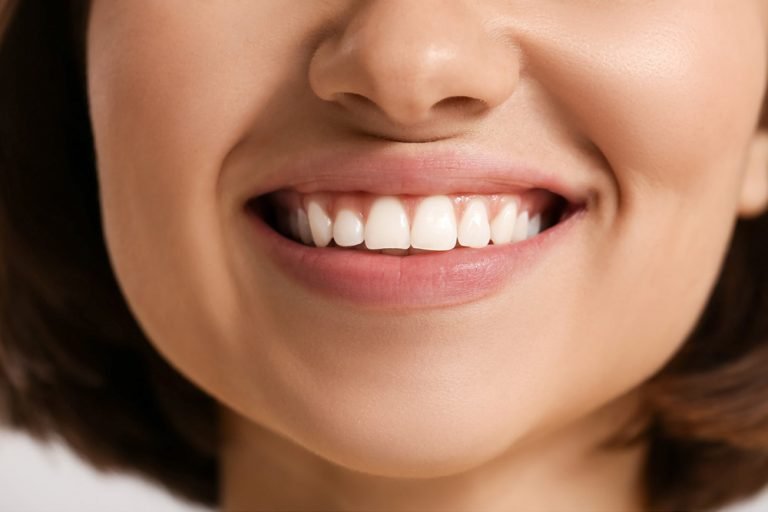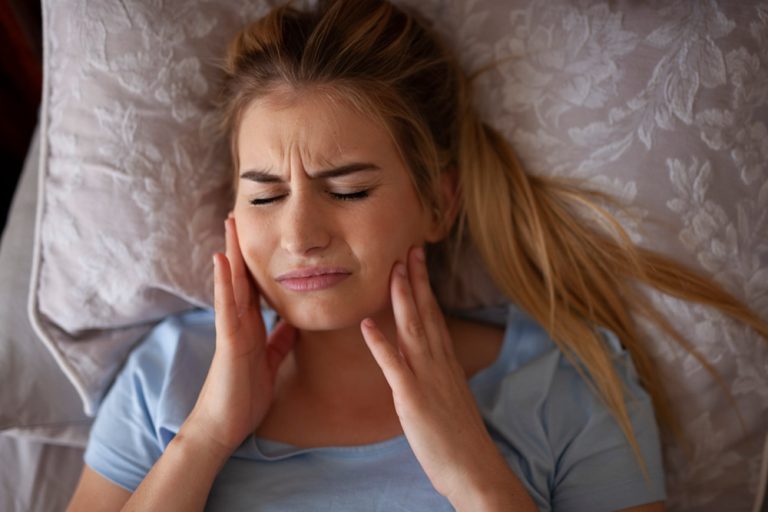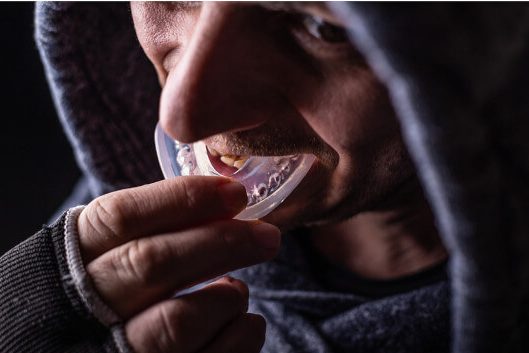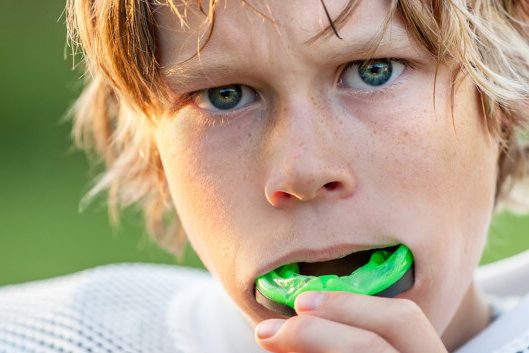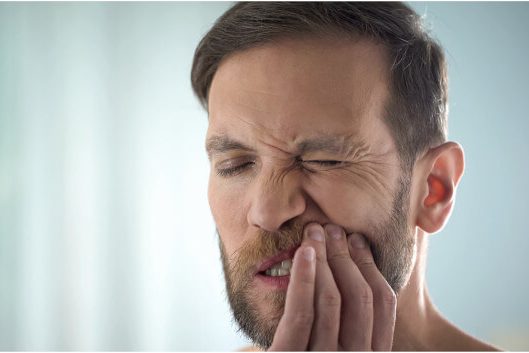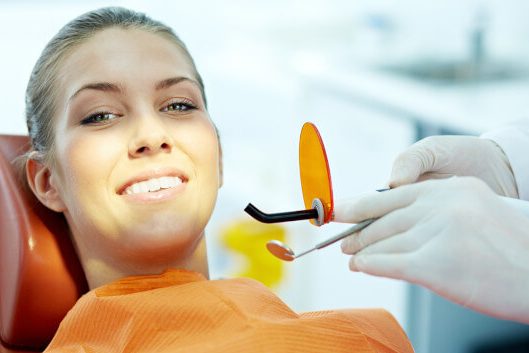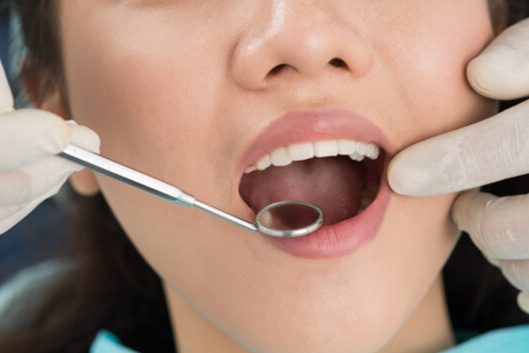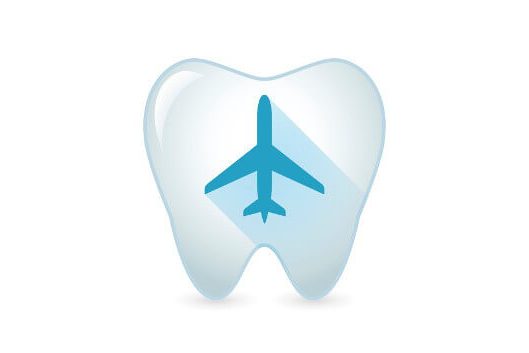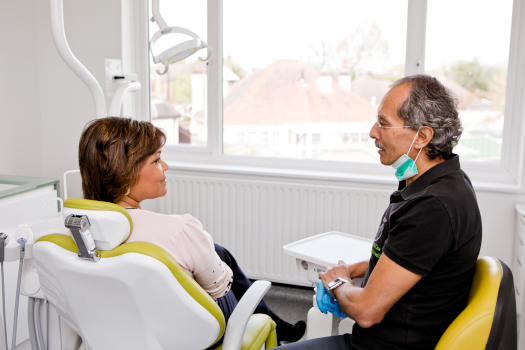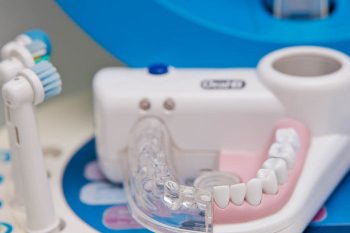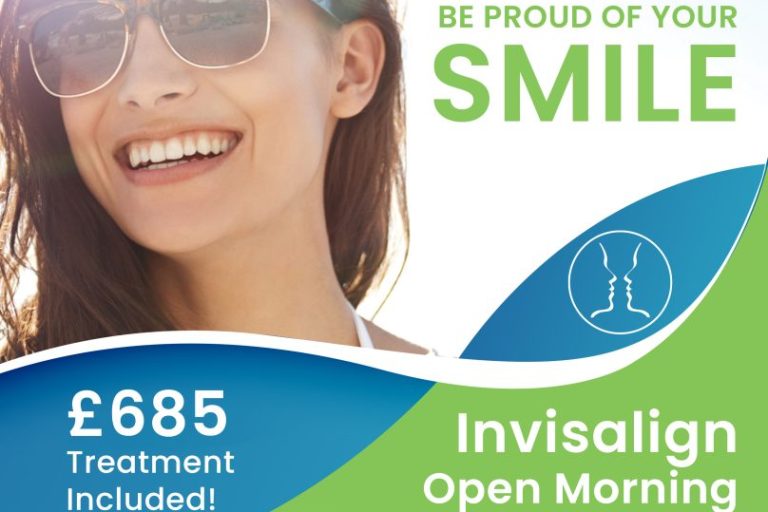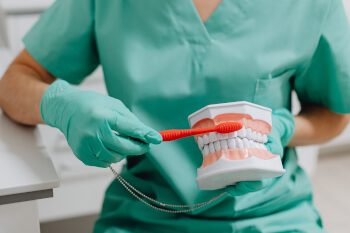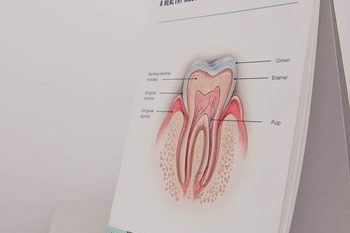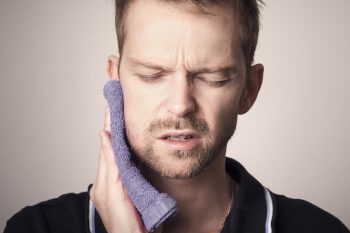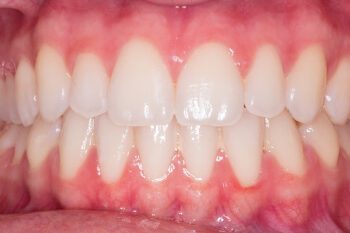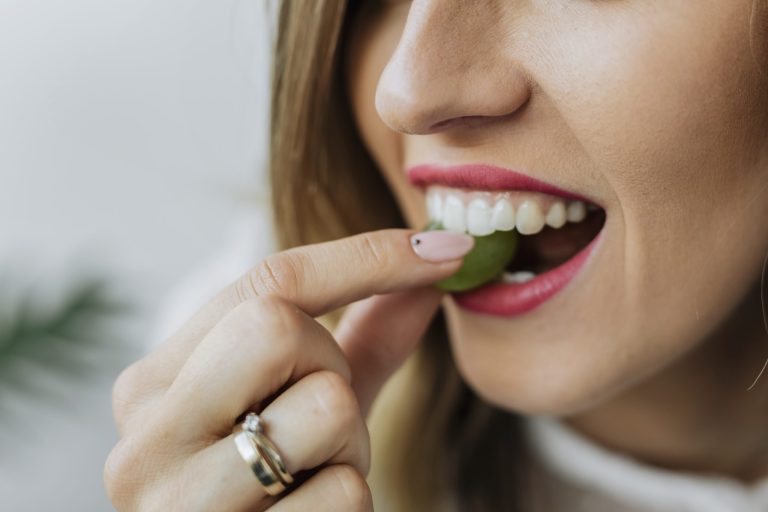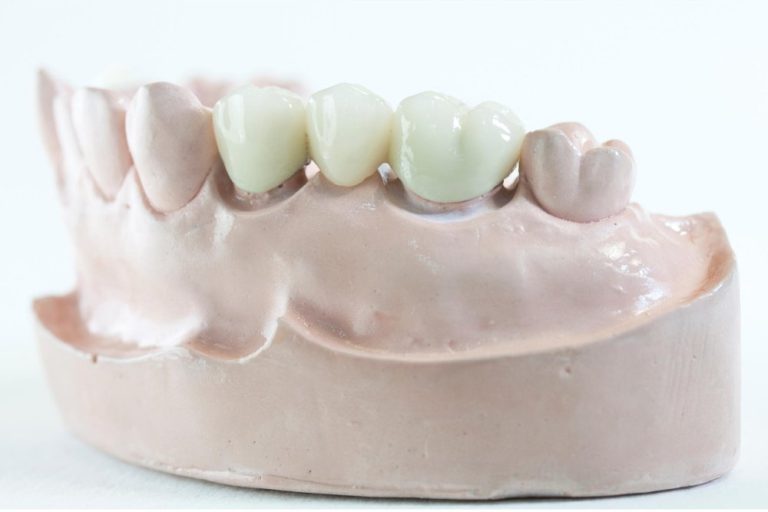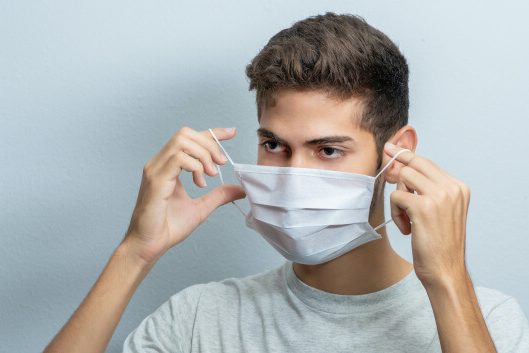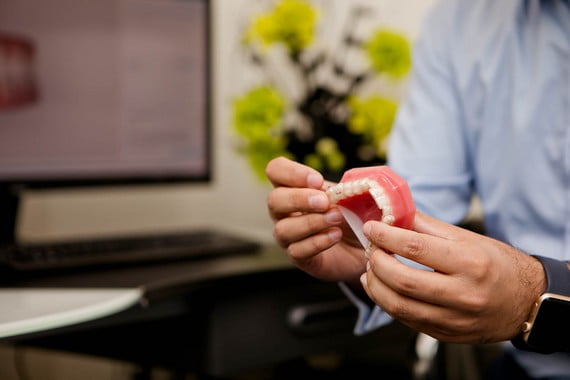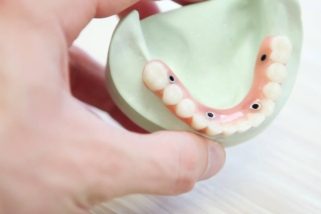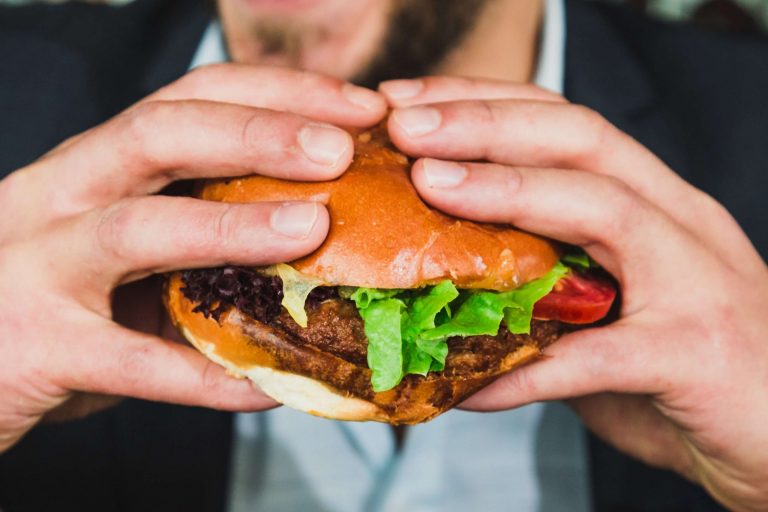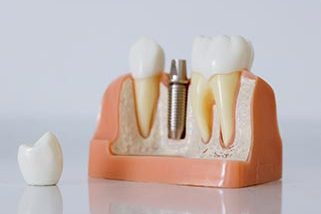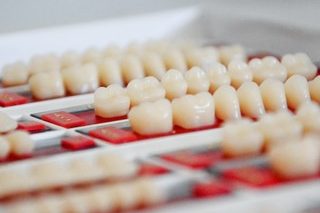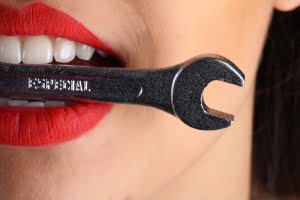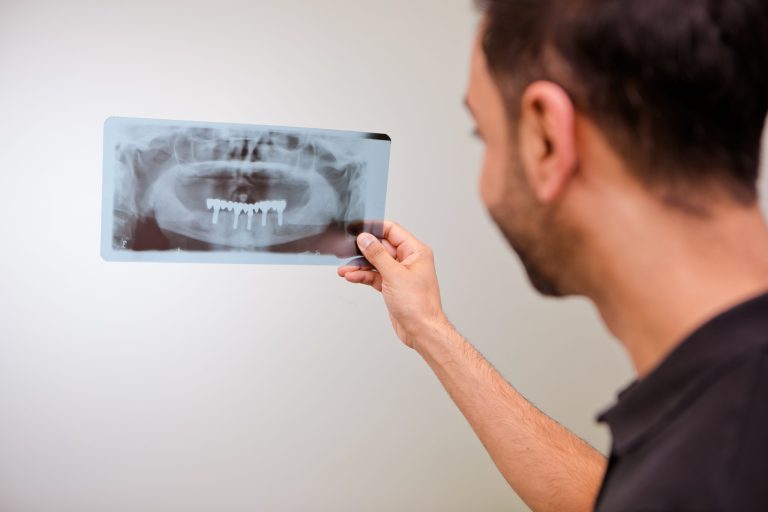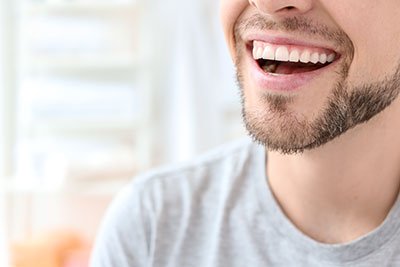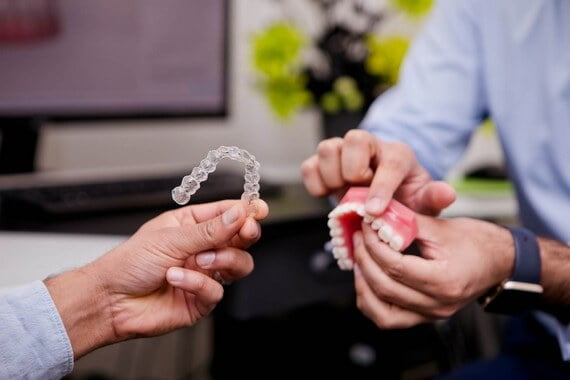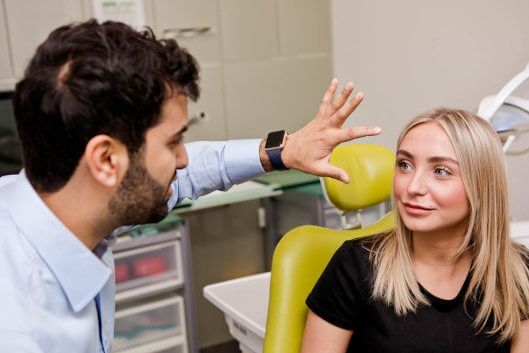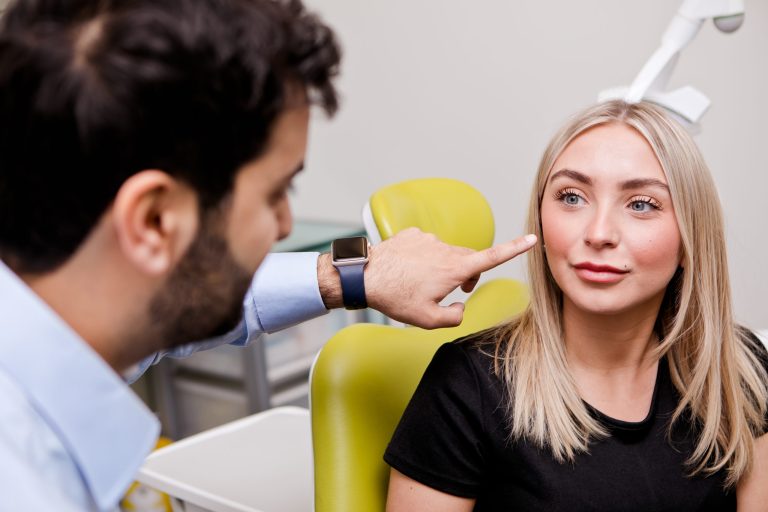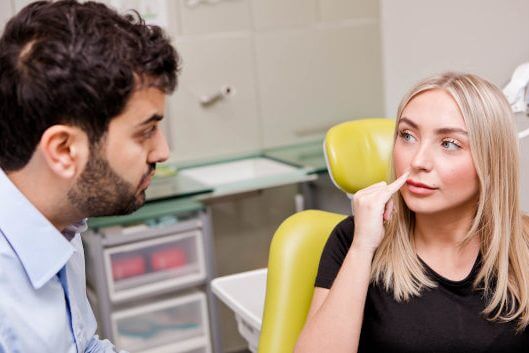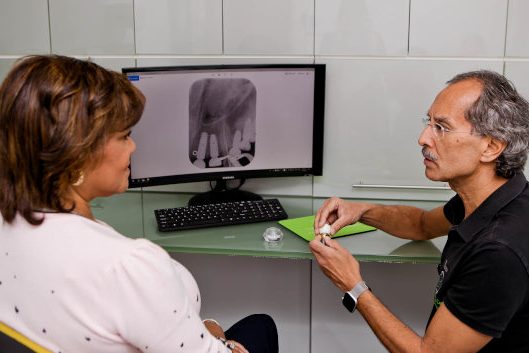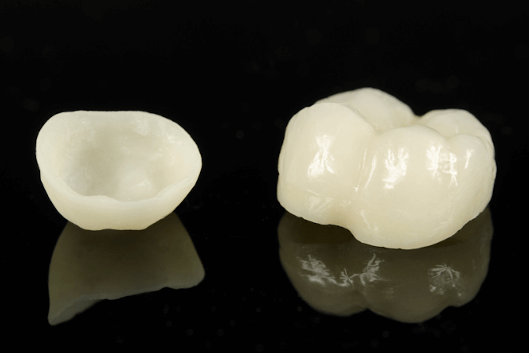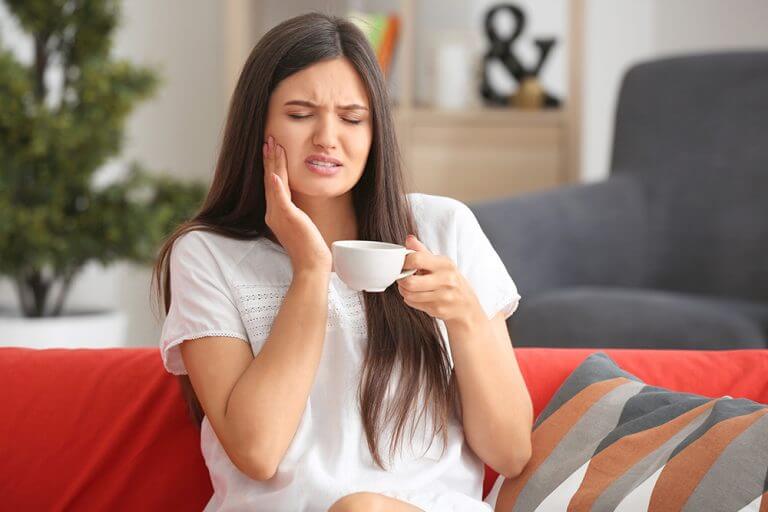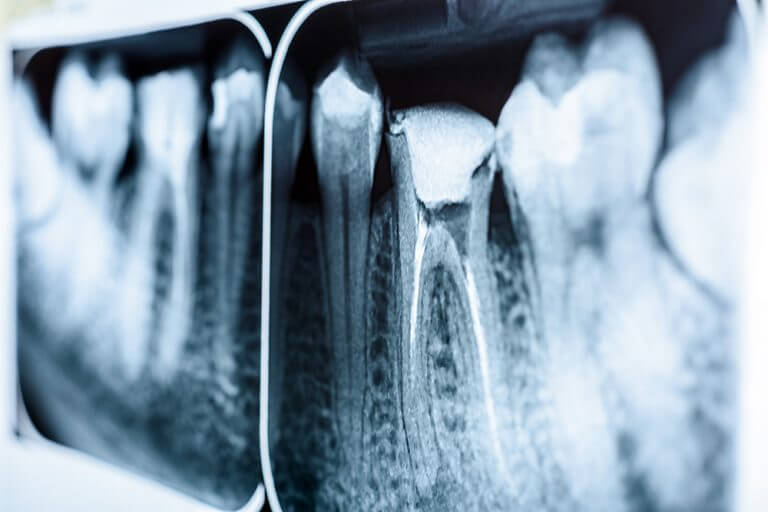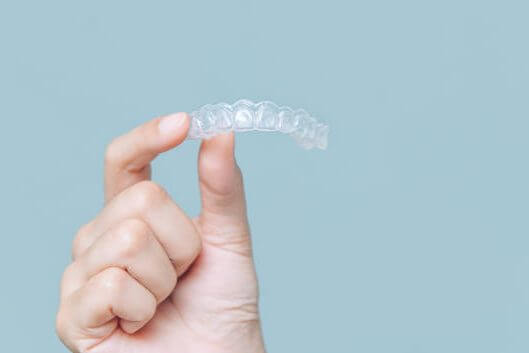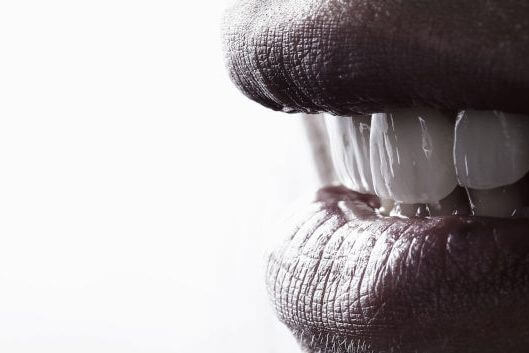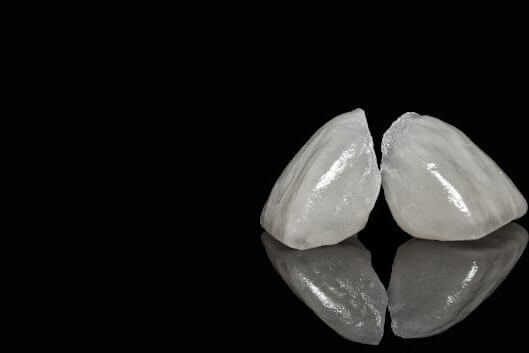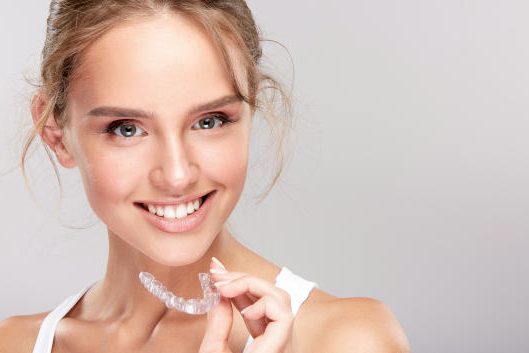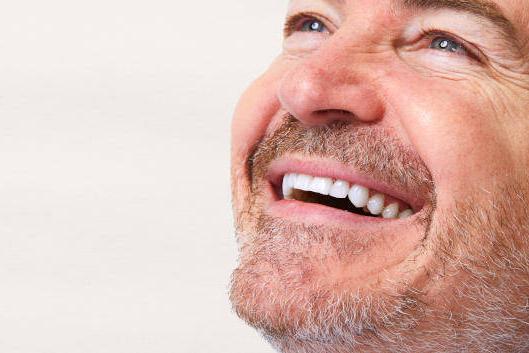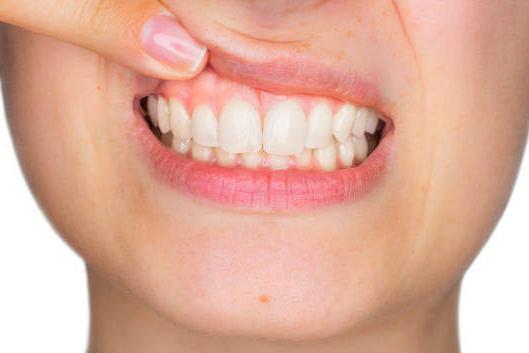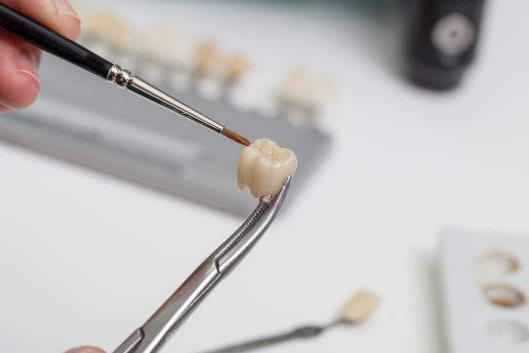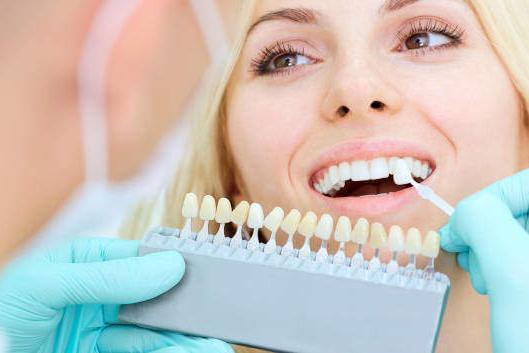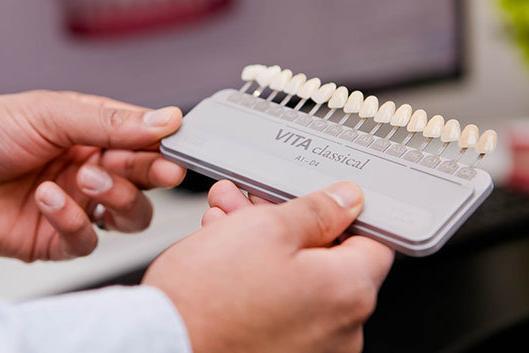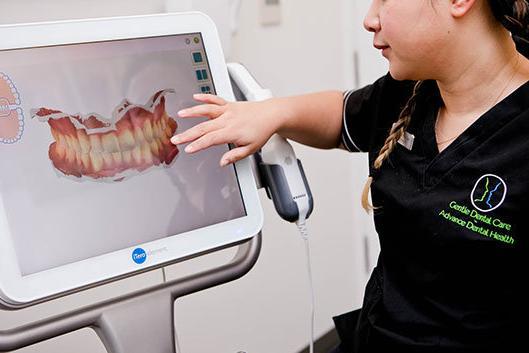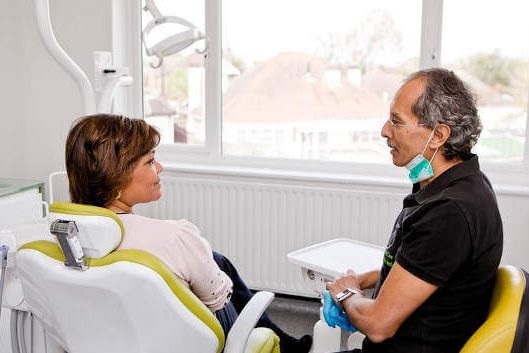How to stop grinding teeth
 It is often difficult for an individual to know whether there are grinding their teeth as it often happens when they are sleeping. It can also be instigated by stress, but as it is subconscious you may not actually realise it is happening. While on the surface it does not seem like a major issue, however, it can lead to many problems such as wearing down your teeth, effecting your bite and negatively impacting your jaw. Attending regular dental visits should help identify if you are grinding your teeth and your dentist will be able to treat your specific case. However, there are some helpful tips outlined below regarding the issue which may help you while you wait for your appointment.
It is often difficult for an individual to know whether there are grinding their teeth as it often happens when they are sleeping. It can also be instigated by stress, but as it is subconscious you may not actually realise it is happening. While on the surface it does not seem like a major issue, however, it can lead to many problems such as wearing down your teeth, effecting your bite and negatively impacting your jaw. Attending regular dental visits should help identify if you are grinding your teeth and your dentist will be able to treat your specific case. However, there are some helpful tips outlined below regarding the issue which may help you while you wait for your appointment.
What causes teeth grinding?
The core reason why an individual will grind their teeth will vary based on the individual, however, some key causes of teeth grinding have been outlined below.
- Lifestyle choices can influence your chances of teeth grinding. Excessive alcohol consumption, smoking, drug use or caffeine intake are all common culprits of for potential teeth grinding
- Stress and anxiety also play a key role in teeth grinding, as people often clench their jaws when stressed/anxious and may thus grind teeth
- Sleep conditions including paralysis or apnea can all increase the chances of teeth grinding at night
- The medication you take can also influence teeth grinding, for example, if you take serotonin reuptake inhibitors
Symptoms of teeth grinding
There are numerous potential symptoms that can come about from teeth grinding, with some of the most common ones outlined below.
- Stiffness in the neck and shoulder areas
- Involuntary and forceful contractions of the jaw muscles
- Pain centralised in either the ear, jaw, head, or general facial area
- Waking up or waking a partner up at night due to loud grinding
- A tightness within the jaw region
- Some inflammation on your lower jaw
How to stop grinding teeth
While avoiding grinding your teeth can seem difficult at first, due to many individuals doing it subconsciously, there are some methods to minimise and eradicate the behaviour. Some of these methods have been outlined below
Carrying out tongue/jaw exercises
Doing exercises which help relax the jaw and facial area can be very beneficial, and so long as they are done correctly will help maintain correct jaw alignment. A physical therapist can help you with this, while some exercises you can do at home are outlined below.
- Try to softly massage the jaw on each side to loosen and relax the jaw muscles
- Say the letter ‘n’ repeatedly out loud to avoid clenching
- With your mouth open wide you should place the tongue against the front teeth, this will help relax your jaw
Using a gum shield
A custom-made gum shield can be very beneficial, as it will effectively provide a cushion for teeth and avoid any grinding between teeth directly. While you can purchase a one size fits all gum shield from medical shops, a custom one will be more secure and effective for you specifically. They will also be more comfortable, and in the long run the most useful option for your issue.
Implementing stress-reduction methods
Due to many people experiencing teeth grinding due to stress/anxiety, methods to reduce the stress can deal with the issue of grinding. While simply finding out the core cause of stress can help to an extent, it is best to implement some methods to regulate your stress. Some of these methods have been outlined below.
- Taking a warm bath before bedtime
- Meditating at any time during the day
- Exercising regularly
- Undertaking talk therapy
- Practising Yoga
Steer clear of chewy foods, alcohol, and caffeine
Substances that require extensive chewing such as chewing gum, toffee, or meat can be problematic as they intensify the symptoms of teeth grinding. Additionally, alcohol and caffeine can also have problematic effects, so all these items should be cut out of your diet or at least minimised.
Only bite/chew food
While only biting and chewing foods seems self-explanatory, many individuals do chew/bite other items throughout the day. For example, some individuals chew open packaging, bite their nails or chew on utensils. This must be avoided, as it can put unnecessary stress on an already problematic jaw, and thus exacerbate the symptoms.
Call 020 3925 3846 or fill in our form to enquire about your consultation.
